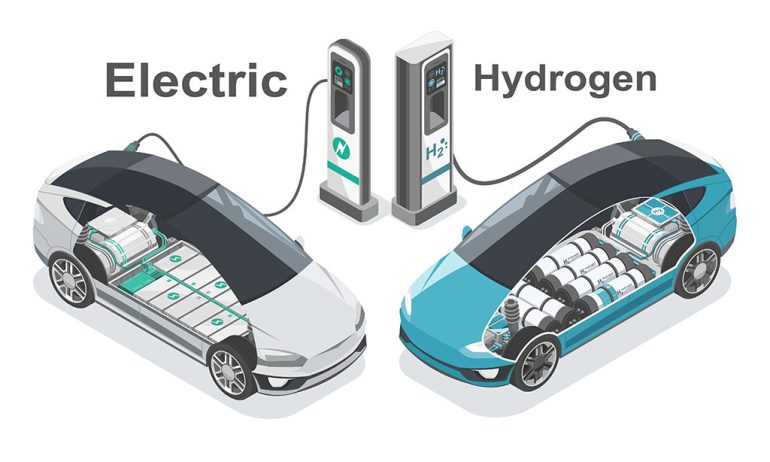Hydrogen vs Electrical Automobiles – Which Know-how Will Drive the Future? : Automotive Addicts
Automotive

Because the automotive business accelerates towards sustainable options, the talk between hydrogen gasoline cell automobiles (FCEVs) and battery electrical automobiles (BEVs) intensifies. Each applied sciences intention to cut back emissions, but they differ considerably in infrastructure, effectivity, and market adoption.
Electrical automobiles have seen outstanding development, with world gross sales nearing 14 million in 2023, a 35% improve from the earlier 12 months. This surge is primarily pushed by China, Europe, and the USA, which collectively account for 95% of those gross sales.
Regardless of this momentum, challenges persist, together with excessive prices, vary anxiousness, and inadequate charging infrastructure, notably within the U.S. and Europe.
Are Hydrogen Gasoline Cell Automobiles An Rising Contender?
Hydrogen FCEVs, such because the Toyota Mirai and Hyundai Nexo, provide fast refueling instances and longer driving ranges, interesting to customers searching for comfort. Nevertheless, their adoption is hindered by restricted refueling infrastructure and better automobile prices. In 2023, fewer than 3,000 hydrogen vehicles had been bought within the U.S., highlighting their area of interest standing in comparison with the burgeoning EV market.
BEVs convert roughly 80% of their vitality into automobile motion, whereas FCEVs obtain lower than 40% effectivity.
This disparity makes BEVs extra energy-efficient. Nonetheless, hydrogen vehicles emit solely water vapor, providing an eco-friendly various with the potential for zero emissions, offered the hydrogen is produced sustainably.
Infrastructure and Market Adoption
The growth of charging networks has bolstered BEV adoption, with substantial investments enhancing accessibility. Conversely, the shortage of hydrogen refueling stations limits FCEV development. Areas like Asia are advancing in hydrogen infrastructure, however Europe and the U.S. lag, affecting client confidence and automobile uptake.
The Highway Forward
Automakers are exploring each applied sciences to satisfy various client wants and regulatory calls for. BMW, as an example, is creating hydrogen FCEVs in partnership with Toyota, aiming for a 2028 launch.
This technique suggests a future the place BEVs and FCEVs coexist, every serving particular market segments.
Whereas BEVs at the moment lead the cost towards sustainable transportation, hydrogen FCEVs current a promising various, particularly for functions requiring speedy refueling and prolonged vary. The evolution of each applied sciences, alongside supportive infrastructure and insurance policies, will decide their roles within the automotive panorama. For customers, the selection between hydrogen and electrical automobiles hinges on particular person wants, environmental issues, and the supply of refueling or charging choices.
FOLLOW US TODAY:





